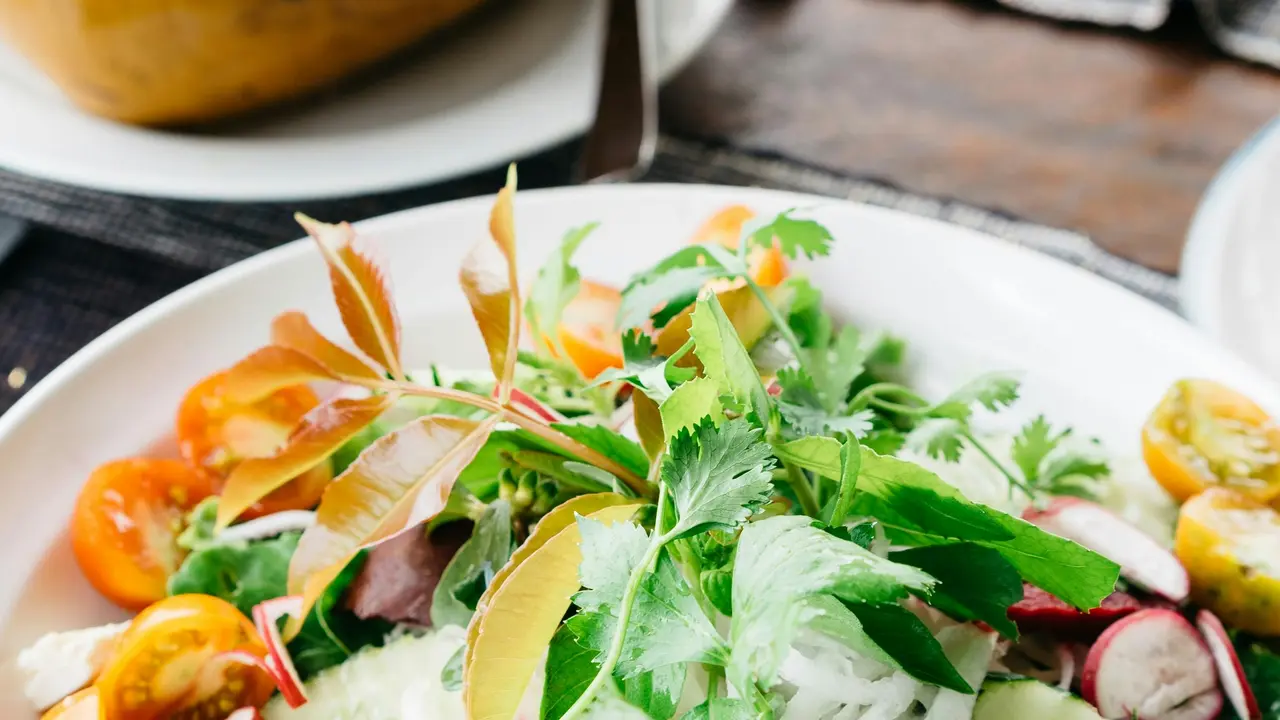Are you curious about the nutritional benefits of scallops? One question that often arises is, “how much protein do scallops have?” In this article, we will explore the protein content of these delicious seafood delicacies and delve into their overall nutritional profile. Join us as we uncover the fascinating facts about scallops!
Understanding How Much Protein Do Scallops Have
Protein Content in Scallops
Scallops are not just a culinary delight; they are also packed with essential nutrients. When we talk about how much protein do scallops have, it’s essential to recognize that these shellfish are an excellent source of high-quality protein. On average, a 3-ounce serving of cooked scallops contains around 20 grams of protein, making them a fantastic choice for those looking to boost their protein intake.
Comparing Scallops with Other Seafood
When considering seafood options, it helps to compare their protein content. Here’s how scallops stack up against other popular seafood choices:
- Salmon: Approximately 22 grams of protein per 3 oz.
- Shrimp: Around 21 grams of protein per 3 oz.
- Tuna: Approximately 25 grams of protein per 3 oz.
As you can see, scallops hold their own among other protein-rich seafood, making them a nutritious option for seafood lovers.
Additional Nutritional Benefits of Scallops
Vitamins and Minerals in Scallops
In addition to their impressive protein content, scallops also offer various vitamins and minerals, contributing to your overall health. Some key nutrients found in scallops include:
- Vitamin B12: Essential for nerve function and the production of red blood cells.
- Iron: Important for transporting oxygen in the blood and maintaining energy levels.
- Selenium: An antioxidant that helps protect cells from damage.
Low in Calories and Fat
Another reason to include scallops in your diet is their low calorie and fat content. A 3-ounce serving of cooked scallops contains approximately 90 calories and less than 1 gram of fat. This makes them an excellent lean protein source for those looking to maintain a healthy weight.
How to Incorporate Scallops into Your Diet
Cooking Methods for Scallops
Scallops can be prepared in a variety of ways, each bringing out their unique flavor and texture. Here are some popular cooking methods:
- Searing: Create a delicious crust by searing scallops in a hot pan with a bit of oil.
- Grilling: Skewer and grill for a smoky flavor that’s perfect for summer barbecues.
- Baking: Bake scallops with breadcrumbs and seasonings for a delicious appetizer.
Experimenting with these methods can help you discover new favorite dishes while benefiting from the protein found in scallops.
Pairing Scallops with Other Ingredients
To enhance the flavor and nutritional value of scallops, consider pairing them with a variety of ingredients. Some excellent accompaniments include:
- Citrus: Lemon or lime juice can brighten the dish and add freshness.
- Greens: Serving scallops over a bed of spinach or arugula introduces more nutrients.
- Whole Grains: Quinoa or brown rice can provide additional fiber and nutrients.
Conclusion: The Protein Power of Scallops
In summary, scallops are a nutritious seafood choice that offers approximately 20 grams of protein per 3-ounce serving. They are low in calories and provide a range of essential vitamins and minerals, making them a smart addition to any diet. By exploring various cooking methods and pairing ideas, you can easily incorporate scallops into your meals. Don’t hesitate–share this article with your friends or dive deeper into our blog for more delicious and healthy recipes!
Protein – Recent Articles
- How to Hit My Protein Goals: Top Tips for Success!
- Can I Mix Protein with Creatine? Discover the Benefits!
- How Much Protein in Egg McMuffin? The Surprising Answer!
- Can You Take Protein Powder and Creatine? Discover the Truth!
- How Much Protein Should a Bariatric Patient Have? Find Out!
Protein – Useful Links
- Harvard T.H. Chan — The Nutrition Source: Protein
- Nutrition.gov — Proteins
- USDA FoodData Central
- Protein Information Resource (PIR / UniProt related resource)
- HelpGuide — Choosing Healthy Protein
